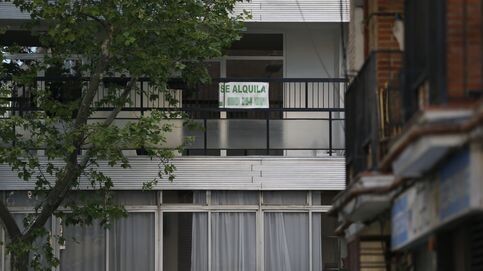
During the "Financial Inclusion in Spain: Cash as a Safe and Sustainable Solution" conference held at the Congress of Deputies, the role of cash in financial stability and social inclusion was analyzed. Experts and institutional representatives debated the regulatory constraints that limit the use of cash in Spain and their impact on the economy and national security.
Javier Rupérez, president of Denaria, criticized the legislative contradictions that restrict the use of cash in the country, despite the General Law for the Defense of Consumers and Users requiring its acceptance. In the panel on cash accessibility, Pilar Villarino (CERMI), Agustín Matía (Down Spain) and other experts emphasized the importance of cash for personal autonomy and financial inclusion.
Regarding limitations on rent payments, the amendment of the Urban Leasing Law by the Housing Rights Law requires that rent payments be made electronically, which generates controversy. The Denaria Platform called on the Government and European institutions to adopt measures that protect citizens' right to choose their payment method and avoid unjustified restrictions on the use of cash.
Experiences in countries such as Sweden, Norway, and Finland have demonstrated the importance of maintaining a cash infrastructure to guarantee economic continuity in the face of technological failures or unexpected crises. The platform also highlighted the need to review current regulations to harmonize them with European guidelines and emphasized the importance of cash in financial resilience and protection against possible failures of the digital system.
Among the main barriers identified is the cash payment limit of 1,000 euros in Spain, which is much lower than the 10,000 euros permitted by the Anti-Money Laundering Directive approved by the European Parliament. Given the increase in exposure to cyberattacks, exclusive reliance on digital payments poses a risk to the economy and financial security of the country.














